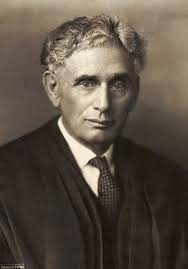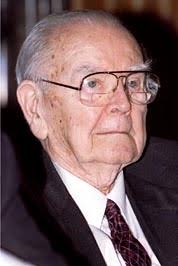






- The great achievement of the English-speaking people is the attainment of liberty through law. It is natural, therefore, that those who have been trained in the law should have borne an important part in that struggle for liberty and in the government which resulted . . .
Louis Brandeis, Address to law students and others at Harvard, 1905.

____________________
It will perhaps not surprise you that the text I have chosen for exploration is the amended
Constitution of the United States, which, of course, entrenches the Bill of Rights and the Civil
War amendments, and draws sustenance from the bedrock principles of another great text,
the Magna Carta. So fashioned, the Constitution embodies the aspiration to social justice,
brotherhood, and human dignity that brought this nation into being. The Declaration of
Independence, the Constitution and the Bill of Rights solemnly committed the United States
to be a country where the dignity and rights of all persons were equal before all authority. In
all candor we must concede that part of this egalitarianism in America has been more
pretension than realized fact. But we are an aspiring people, a people with faith in progress.
Our amended Constitution is the lodestar for our aspirations.
William Brennan, Symposium at Georgetown, 1985.

____________________
The great ideals of liberty and equality are preserved against the assaults of opportunism, the expediency of the passing hour, the erosion of small encroachments, the scorn and derision of those who have no patience with general principles.
Benjamin Cardozo

No comments:
Post a Comment